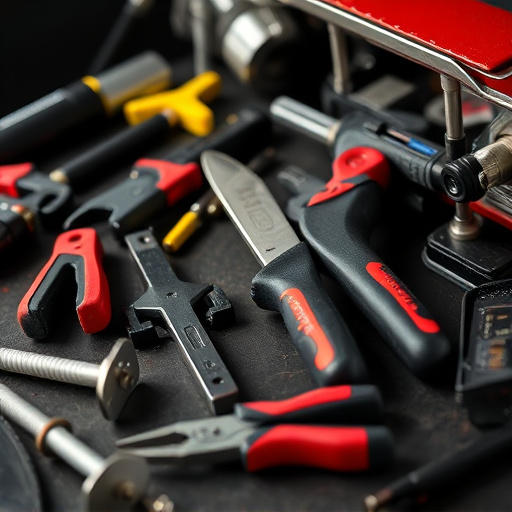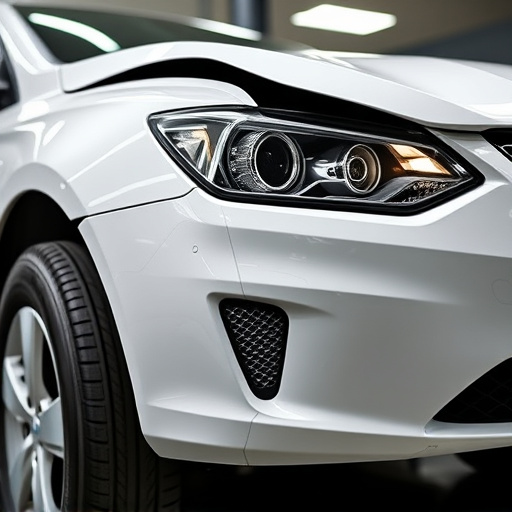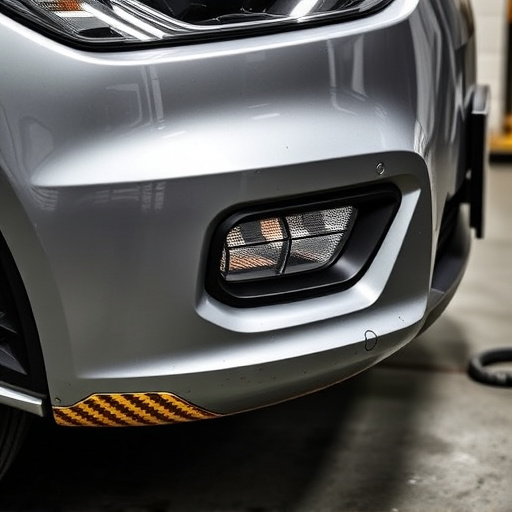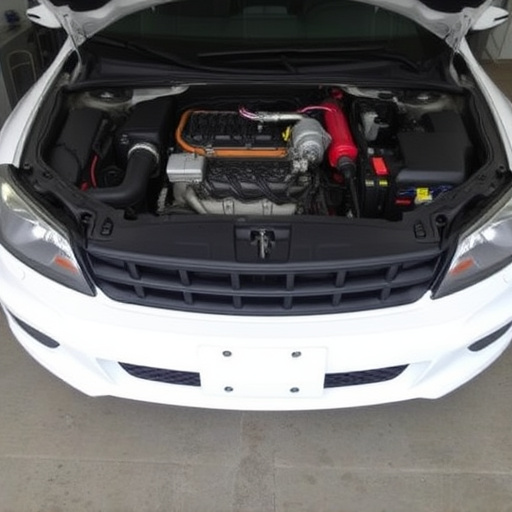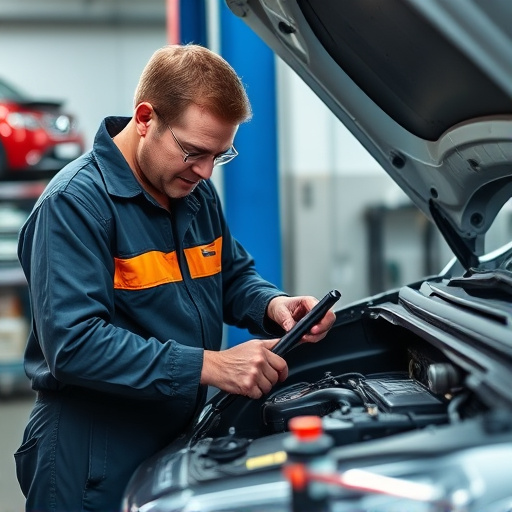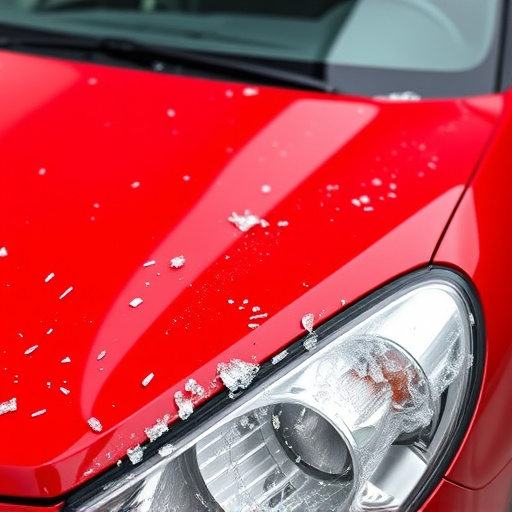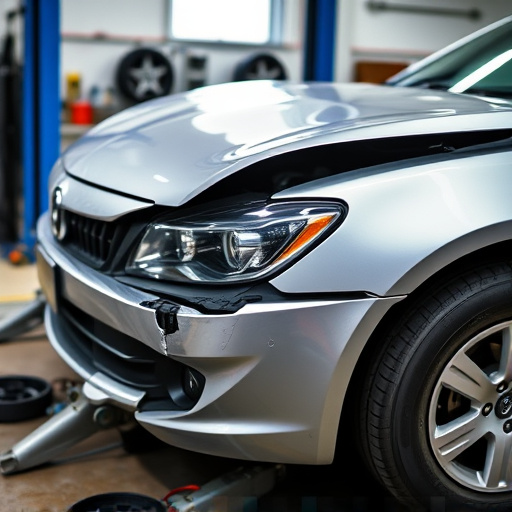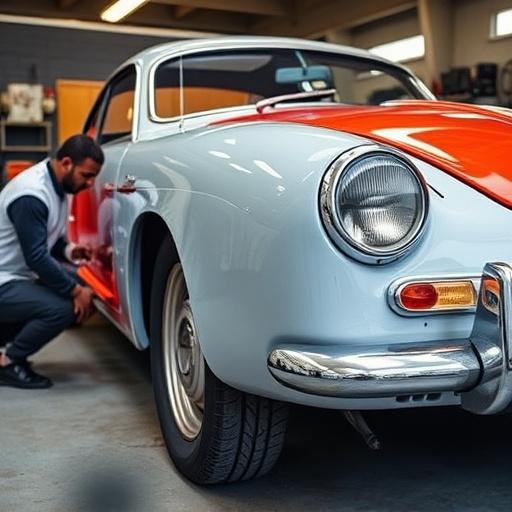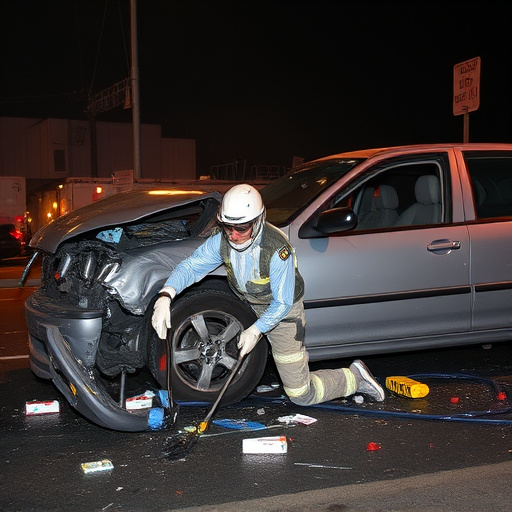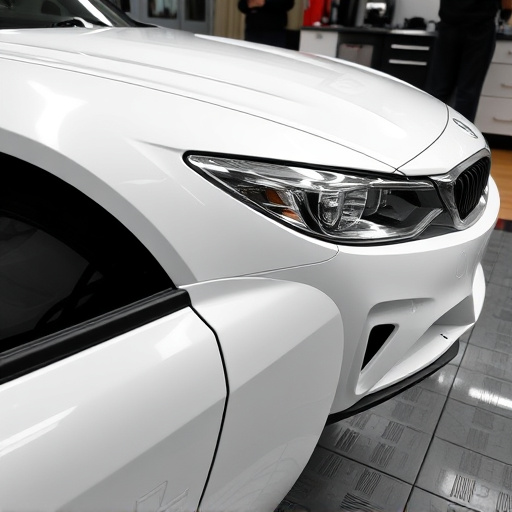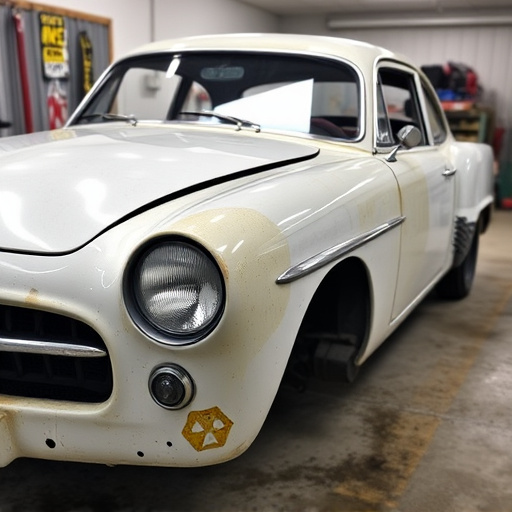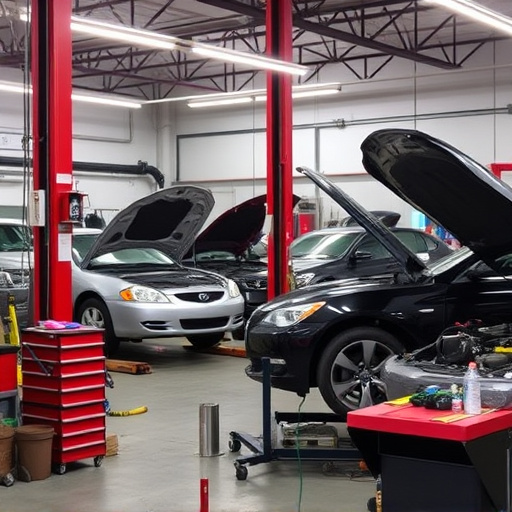Digital measuring systems revolutionize automotive repair and collision centers by offering unprecedented precision for body restoration and hail damage repairs. These advanced tools, employing sensors and software, ensure accurate measurements and adherence to factory specifications, enhancing efficiency while maintaining quality and safety standards. Proper setup, including sensor placement and calibration according to manufacturer guidelines, is crucial for optimal performance.
“Dive into the world of precision with our comprehensive guide to digital measuring systems—an indispensable toolset for today’s professionals. Discover how these systems unlock unparalleled accuracy and efficiency across various industries. From understanding core components to implementing and calibrating for optimal performance, this beginner’s guide covers everything. Explore the transformative power of digital measuring systems and elevate your work to new heights.”
- Unlocking the Potential of Digital Measuring Systems
- Key Components: Building Blocks for Precision
- Implementing & Calibrating for Accurate Results
Unlocking the Potential of Digital Measuring Systems
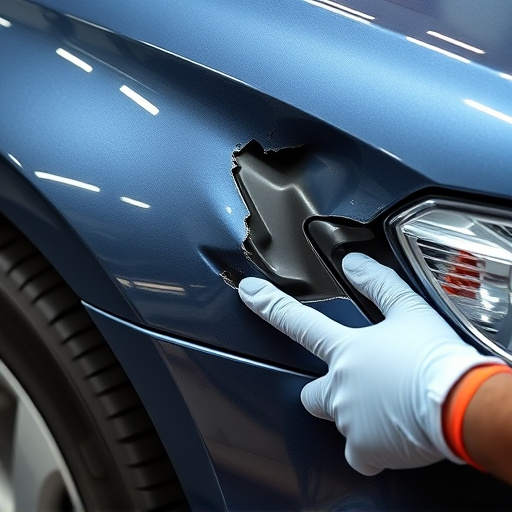
Digital measuring systems are transforming various industries, offering unprecedented precision and efficiency in tasks that were once manual and time-consuming. For professionals in fields like car repair shops and body shop services, these advanced tools can mean the difference between an average job and a masterpiece of restoration. By replacing traditional methods with digital solutions, technicians can achieve more accurate measurements, enabling them to make precise cuts, fits, and adjustments during repairs or customizations.
This shift is particularly beneficial for car enthusiasts and professionals in the automotive sector. Digital measuring systems provide detailed data, allowing for meticulous work on intricate details—from aligning body panels in a car restoration project to ensuring perfect paint jobs. The versatility of these tools extends beyond car repair shops; they are valuable assets in any workshop or studio where precision is paramount.
Key Components: Building Blocks for Precision
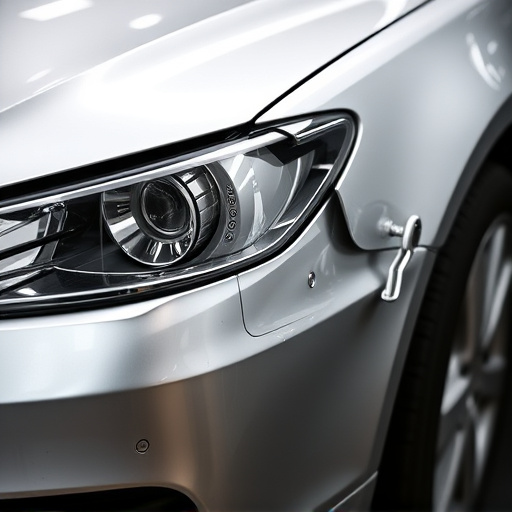
Digital measuring systems are a cornerstone for achieving precision in various industries, with automotive repair services and car collision repair being prime examples. These systems act as building blocks, providing accurate data and measurements that underpin quality workmanship. At their core, they typically include advanced sensors and software that work in harmony to capture and interpret physical dimensions, ensuring every repair is carried out with meticulous care.
For instance, in collision damage repair, digital measuring tools enable technicians to precisely assess the extent of damage, allowing for more accurate restoration. This level of detail is crucial for matching original factory specifications, resulting in a car that looks and performs like new. By leveraging these cutting-edge systems, automotive repair services can enhance efficiency while maintaining or even exceeding industry standards for quality and safety.
Implementing & Calibrating for Accurate Results
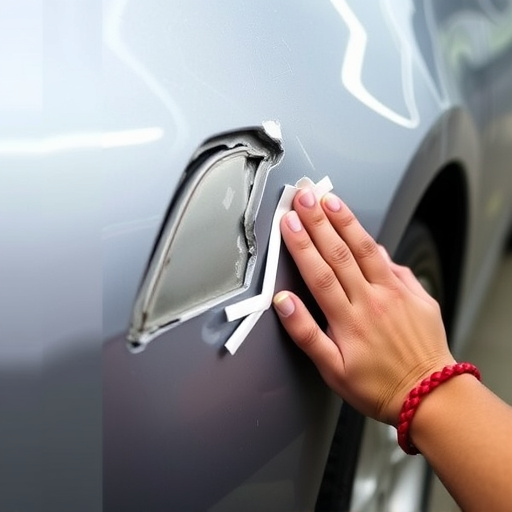
Implementing a digital measuring system is a game-changer for any auto collision center or hail damage repair shop looking to enhance their car body restoration process. These advanced tools are designed to provide precise measurements, ensuring that every repair is executed with accuracy and efficiency. The initial setup is crucial; you must place the sensors or measuring devices correctly according to the system’s instructions. This involves positioning them in various points across the vehicle, especially in areas prone to damage like fenders, doors, and bumpers.
Calibration is another vital step to guarantee accurate results from your digital measuring systems. Regular calibration ensures that the sensors are functioning optimally and providing reliable data. Many modern systems offer automated calibration routines, making this process straightforward. By following the manufacturer’s guidelines and performing routine calibrations, auto collision centers can achieve unparalleled precision when assessing and repairing vehicles, whether it’s for car body restoration or handling minor hail damage repairs.
Digital measuring systems offer unprecedented precision and efficiency in various industries. By understanding the key components, implementing best practices, and calibrating regularly, beginners can harness this technology’s full potential. Armed with this knowledge, you’re ready to navigate the world of digital measuring systems, ensuring accurate results and a competitive edge.
